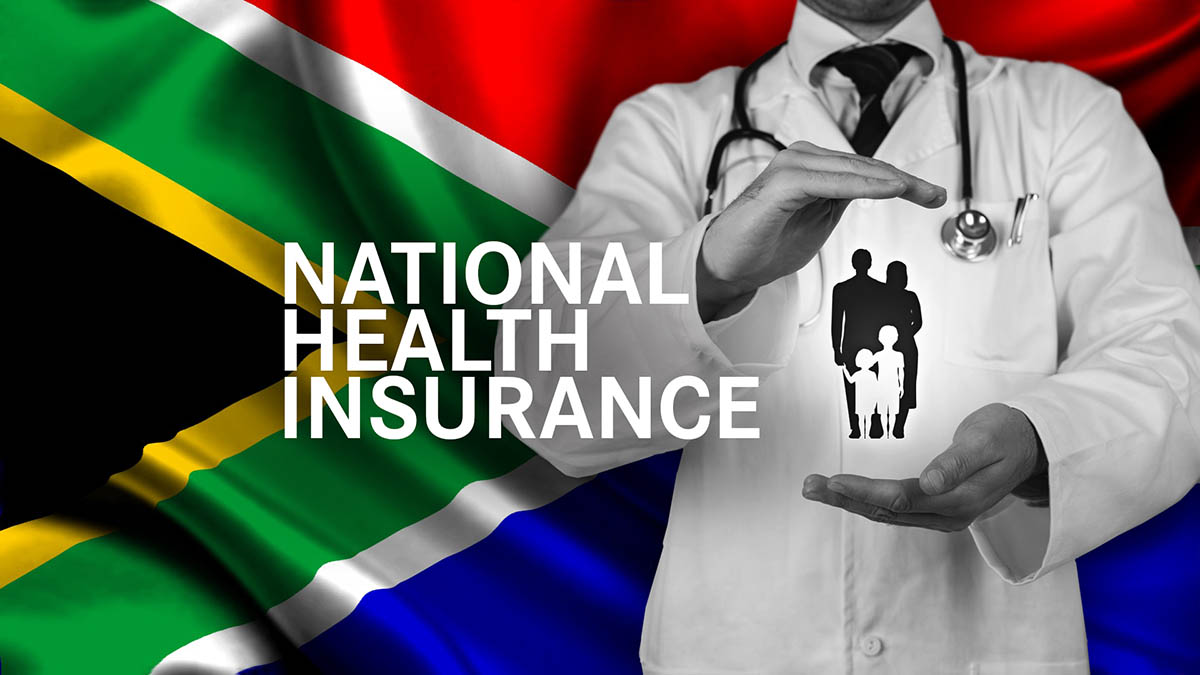As the development of the National Digital Health Strategy for South Africa (2019 to 2024) progresses, and the implementation of the National Health Insurance (NHI) implementation looms closer, it is clear that digital health will be the significant driver behind transforming our health system.
To date, a Health Patient Registration System (HPRS) project has been started as an initial requirement before developing a template for what a patient Electronic Health Record (EHR) would include.
Although the diagnostic-, treatment- and billing modules necessary for EHRs within the NHI still need to be developed, one thing is certain: a complete, shareable, electronic health record for each patient will be key.
How will it work?
CompuGroup Medical South Africa, (CGM SA), a leading medtech company describes an EHR as a portable, interactive, digital set of health records for a patient that assists healthcare providers in managing their care.
The wealth of information provided in each EHR – from a patient’s medical history, demographics, their laboratory test results over time, medicine prescribed, a history of medical procedures, X-rays to any medical allergies – offers endless opportunities for real-time patient care.
EHRs have the potential to play a role in closing the healthcare gap in South Africa by improving affordable access to healthcare and reducing health disparities. This is particularly important for marginalised populations who may have limited access to healthcare services.
GPs must adapt
Although the adoption of EHRs in South Africa is very low, with an estimated 40% of healthcare professionals currently using digital health records in their practice or hospital, the looming National Health Insurance (NHI) Bill will encourage the adoption of EHRs, potentially improving care co-ordination, and enhancing population health management, increasing efficiency and cost savings.
Globally, EHRs are responsible for improving efficiency by reducing duplicates within patient records, and reducing unnecessary interventions such as repeat prescriptions and duplicate referrals.
Of those using any form of healthcare technologies daily, 69% have found an improvement in the quality of care and 59% have seen a positive impact on patient outcomes.
Looking at the usage of technology by patients in South Africa, the statistics show that we lag behind the world average, with less than a third of our population using digital health technologies to track their health. It appears this is partially due to a distrust for the security of their health data and an affordability consideration.
“One of the major challenges from a general practitioner perspective is that there is currently a lack of government policy and guidelines for patient data security, which in turn, affects their willingness to adopt EHRs as a standard,” says Dillip Naran, vice president for product architecture at CGM SA.
“If these hurdles can be overcome, the adoption of EHRs by GPs is predicted to have a positive impact on healthcare outcomes, and to improve efficiency in the long run. The successful implementation and utilisation of EHRs will require careful planning, investment, and collaboration across the proposed NHI healthcare system.”
Here are the seven main ways EHRs will contribute to the success of a National Health Insurance (NHI) programme in South Africa:
-
- Improved patient safety: Reducing adverse effects related to medication prescription errors, dispensing errors, labelling errors and even, wrong site surgery.
-
- Improved care co-ordination: Helping healthcare providers share patient information easily and more accurately, improving the co-ordination of care across different providers and settings, and eliminating the duplication of services.
- Enhanced decision-making: Providing healthcare professionals with immediate access to relevant patient data, including medical history, allergies, medications, and test results. This information empowers clinicians to make well-informed decisions about patient care, leading to better diagnosis and treatment options.
- Efficient claims processing: Streamlining the claims process, in the context of the NHI model, with the electronic submission of medical information leading to faster claims processing and reducing the chances of errors or fraud.
- Early detection and management of chronic conditions: Flagging individuals who may be at a higher risk for chronic conditions, and monitoring the management of their care.
- It is important to realise that the implementation of EHRs can’t be expected to be solely responsible for closing the gap in healthcare. Other factors such as access to healthcare services, and poverty and lack of education need to be addressed, along with solving challenges such as data privacy, security concerns and improving digital literacy within certain previously disadvantaged population groups
It is important to realise that the implementation of EHRs can’t be expected to be solely responsible for closing the gap in healthcare. Other factors such as access to healthcare services, and poverty and lack of education need to be addressed, along with solving challenges such as data privacy, security concerns and improving digital literacy within certain previously disadvantaged population groups.
SOURCE: https://www.bizcommunity.com



